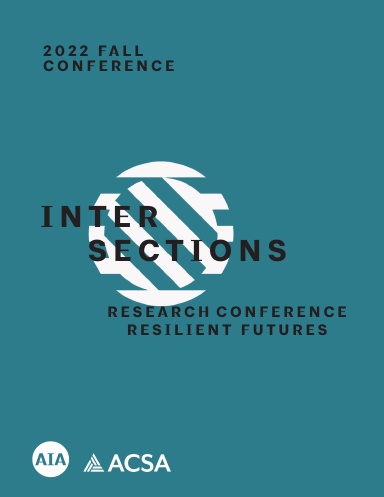Author(s): Naomi Keena & Daniel R. Rondinel-Oviedo
Striving to be more resilient, the city of Montréal, is aiming to reduce the amount of waste it generates. Like many cities worldwide, the goal is to achieve zero waste towards meeting the Paris Agreement Goals. One major component of urban waste flows is construction, demolition, and renovation (CRD) waste. Globally, CRD waste accounts for approximately 100 billion tons of generated waste annually with about 35 percent of that sent to landfills1. In Canada, CRD waste represents 20-30% of the solid waste stream by weight2. However, research shows that innovative waste management approaches could deliver significant reductions in waste. One such promising approach is that of circular economy (CE) which envisions a resilient future where CRD waste is designed-out of the built environment by keeping construction materials in use. This research project seeks to minimize CRD waste by answering two questions: (1) Which circular economy principles and methods could be effective in ensuring sustainable CRD material management for Montréal; and (2) What kind of stakeholder partnerships are necessary to advance towards zero CRD waste? A series of methods for data collection are outlined, a BIM model of typically housing typology is used as a means to understand the composition of materials in the housing stock of Montréal, finally collected data is mapped and organized using data visualization methods. The research holds significance in providing the most pertinent circular economy best practices to building related CRD material recovery for future use architecture and carbon preservation.
https://doi.org/10.35483/ACSA.AIA.Inter.22.23
Volume Editors
Gail Napell & Stephen Mueller
ISBN
978-1-944214-42-13

 Study Architecture
Study Architecture  ProPEL
ProPEL 
